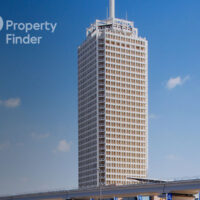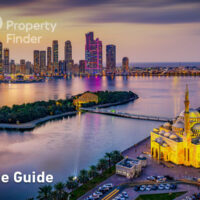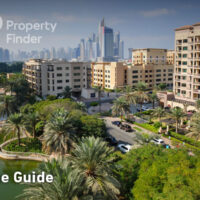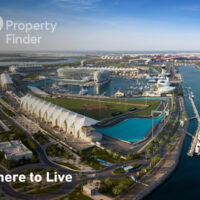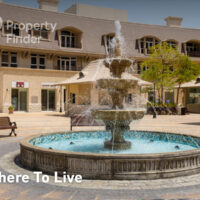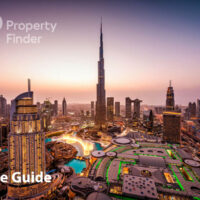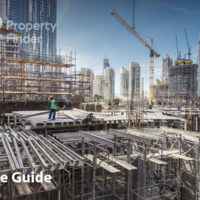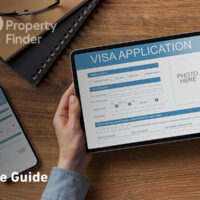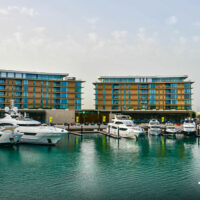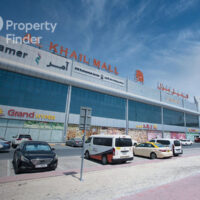The cost of renting in Dubai is not only about the lease amount but also there other additional expenses that come with leasing a house in Dubai.
To avoid any surprises, it’s good to have an overview of those expenses to be prepared. This article brings you all the extra costs that come with renting in this emirate in a nutshell.

List of the Extra Costs of Renting in Dubai
There are no more surprises when it comes to the cost of renting in Dubai! With this inclusive list of all the additional costs, you will have more visibility.
1. Security Deposit
The security deposit is paid to the landlord to secure a property and it’s refundable when you vacate the property. If you are using a real estate agent, they will hold on to this amount until the deal is finalized.
Moreover, it’s usually the equivalent of one month’s rent. The landlord collects it as security against any damage to the property.
Besides, if you fulfill all obligations under your contract, including settling all outstanding bills at the end of the contracted term and returning the property in the same condition as received, you will receive this entire amount back.
- 5% of annual rent for unfurnished property
- 10% of annual rent for a furnished property
When you’re planning to rent a house in Dubai, the cost of the security deposit should be considered while evaluating the total money you will pay.
2. Housing Fee (Dubai Municipality Fee)
The housing fee (also known as the Dubai Municipality fee) amount is a percentage of the annual rental.
Besides, many properties in Dubai have a housing fee component built into their DEWA bill. If your property is one of these, you will pay the following fee.
- 5% of annual rent paid in 12 parts, added to DEWA bills
You can consider this as part of your monthly expenses while renting in Dubai, so you would be able to plan your budget.
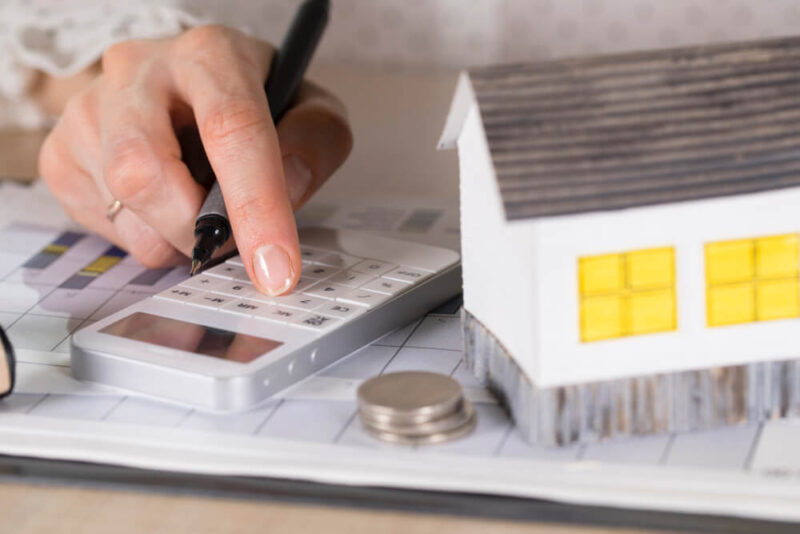
3. Agency Fees
If you are renting a property via a real estate agency or a brokerage firm, you have to pay an extra agency fee; this is standard market practice.
Agency commissions are usually 2% to 5% of the first annual rent, and this is just a standard fee but subject to change according to the agent’s will.
- 5% of annual rent for residential property
- 7 – 10% of annual rent for a commercial property
In addition, enlisting the services of a professional real estate agent will ensure that your tenancy contract legally protects your rights and best interests.
4. Ejari Dubai
Ejari system is a legal contract registration platform by Dubai’s Land Department; its goal is to authenticate rental contracts and agreements between tenants and landlords.
In addition, you should go through this step, whatever the type of property you’re going to rent. Ejari’s fee differs according to the way you want to pay it; you have to payment options, either online or offline.
At Trustees Centres
- Registration Fee: AED 120
- Service Partners Fee: AED 95 + its VAT
Through Mobile App or System
- Registration Fee: AED 100 (excluding VAT)
- Knowledge Fee: AED 10
- Innovation Fee: AED 10

5. DEWA
On the list of the extra costs for renting in Dubai is DEWA and it’s an essential one. DEWA is Dubai Electricity and Water Agency; it’s the only entity responsible for the electricity and water supply in the emirate.
In addition, tt is important to factor in the upfront costs of connecting your utilities with the Dubai Electricity and Water Authority (DEWA). Its security deposit is refundable upon vacating the property and settling your final bill.
Paying monthly utility fees is in addition to the security deposit; you have to pay DEWA deposits when renting a property. The fee is as follows:
Apartment
- AED 2000 (security deposit)
Villa
- AED 4000 (security deposit)
Activation Charges
- Connection Fee: AED 100 for small meters, AED 300 for large meters
- Registration Fee: AED 10
- Knowledge Fee: AED 10
- Innovation Fee: AED 10
6. Cooling Services
Chiller or cooling services are one of the most important amenities that should be offered in a residential unit; this owes to the hot weather of the emirate. In Dubai, Empower and Emicol are the main providers of such services.
Moreover, district cooling deposits and connection fees vary according to the provider and size of the property. Accordingly, it’s better to check their websites for more detailed information.
Points to Consider
- District Cooling or Chiller. It is essential to find out whether the property includes free district cooling or a chiller, meaning you only need to pay your actual consumption (consumption charge) of electricity to DEWA, with the remainder fees the responsibility of the landlord.
- Payment Responsibility. Often, when you browse property listings, you will see ‘chiller free’ included in the description. This means that the landlord is willing to absorb the chiller fee and not pass this on.
However, many landlords pass this expense to tenants via the lease contract clause, so it is important to read and understand the tenancy agreement and who is liable to pay for what before signing.
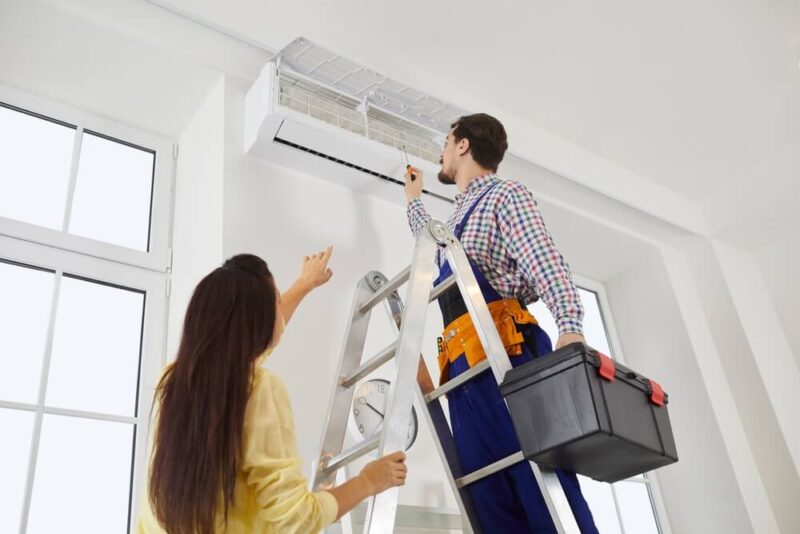
7. Maintenance
Finally, while viewing the property that you’re going to rent, you might find that it needs some maintenance; this means extra fees for adjusting the electricity, water, walls painting, or the backyard garden.
The maintenance fee depends on what you want to repair or change according to your preference.
Most expats go for rentals in Dubai; if you’re new to the city and want to assess how much money it takes for residency, this comprehensive guide about the additional cost of renting in Dubai will give you an overview of planning your finances.
You can also check these helpful guides for communities in Dubai on Property Finder.



